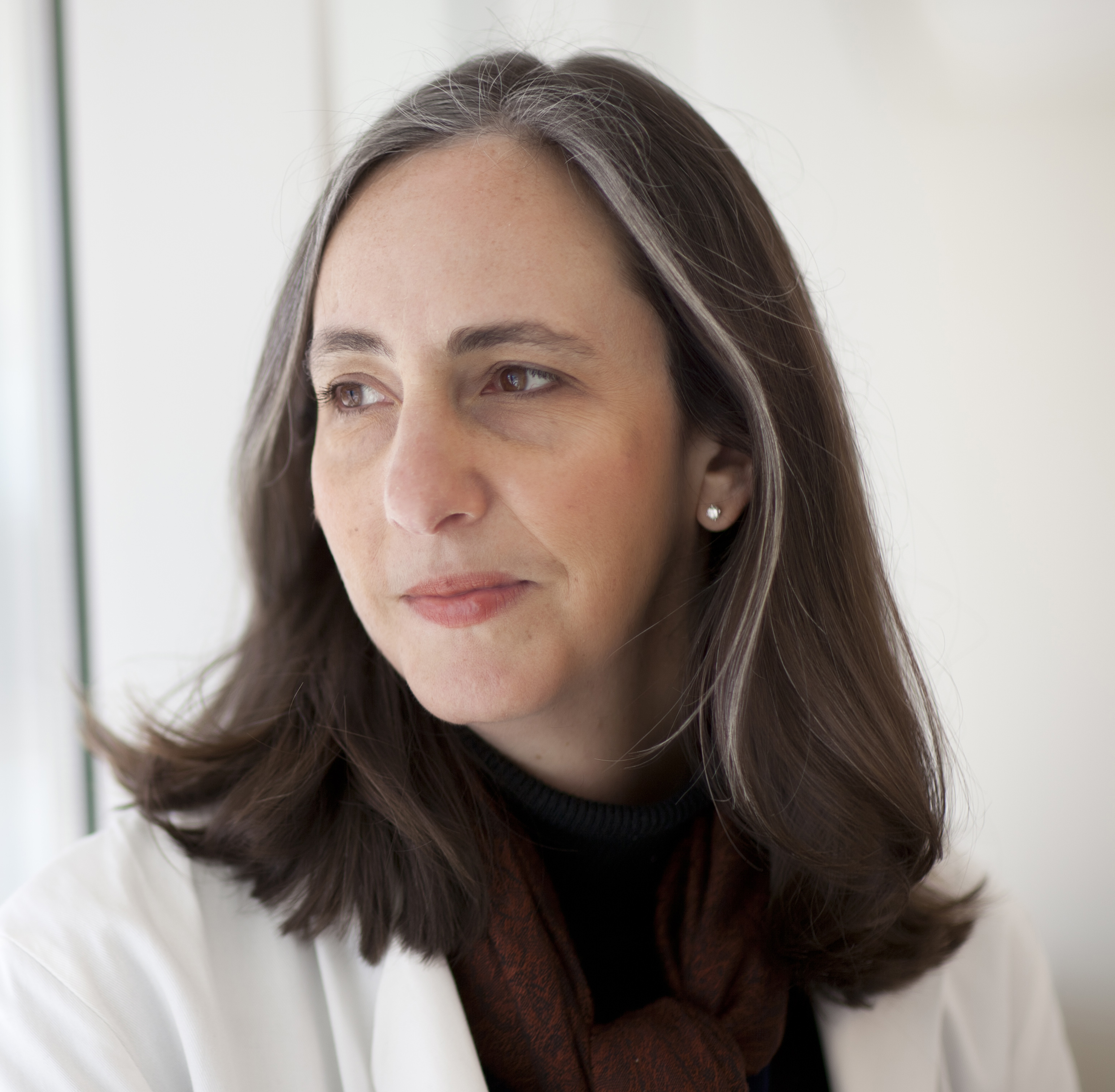Kimryn Rathmell, MD, PhD, thrives on discovery, whether in her lab developing a new experiment for kidney cancer or in her kitchen trying out a new food or cuisine.
She is a translational scientist and a medical oncologist who cares for kidney cancer patients. “I wanted a career that made a difference,” she explains, “ combining my passion for science and medicine. I have one foot in clinical practice and one in genetics and molecular biology, and being able to bridge these two is very satisfying.”
Rathmell earned her undergraduate degree in biology and chemistry from the University of Northern Iowa. There she met her future husband, Jeff, in a freshman biology study group. They then went to Stanford University where Kimryn earned a doctoral degree in biophysics and a medical degree.
After an internship at the University of Chicago, and a residency, a fellowship and postdoctoral training at the University of Pennsylvania, they moved to Chapel Hill in 2003. Kimryn completed a postdoctoral training position with UNC Lineberger faculty member Terry Van Dyke, PhD. “My two postdoctoral experiences really segued well,” she says. “In my first, at the University of Pennsylvania, I was working with Celeste Simon, PhD, one of the leaders in the field understanding how the same signals that enable cells to survive a low oxygen event can be used to affect cancer growth. Then at UNC I used the same tools I had been developing to study deregulated oxygen sensing to explore relevant animal models with Terry Van Dyke, who has pioneered the use of mouse models to understand cancer biology. “
Jeff Rathmell accepted a position at Duke University in the department of pharmacology and cancer biology where he is an associate professor. Kimryn says, “We talk about science at dinner- too much our kids would say. We read each other’s grants and papers, but there’s not much opportunity for collaboration since our fields are different.
“We love Chapel Hill. It’s a great place to raise kids and has the vibrancy of a college setting.”
Dr. Rathmell decided on kidney cancer because her mentor worked with kidney cancer patients. “I saw it as a place I could have an impact since there was not much research on the disease at that time,” she says.
She is dedicated to her patients and to scientific discovery. “Our clinical observations inform our science. If we know which molecular subtype of kidney cancer a patient has, we can treat them more effectively.”

In the clinic, Dr. Rathmell works closely with other Urologic Oncology Program members, including the surgeons. Last year she and other program members published a significant study showing that patients given a drug prior to surgery had their tumors shrink up to 40 percent, making the subsequent surgery less extensive, a practice-changing finding.
She enjoys all aspects of her career at UNC: mentoring and teaching students, engaging with patients and families and getting to know them, and writing collaborative grants and papers. She appreciates her many UNC mentors.
“Each helps me in an important way: advice about grant writing, how to run a lab, how to translate my laboratory science into clinical application, things that you don’t know when you’re just starting out. UNC has a wonderful environment for collaboration.”
Rathmell has received much national recognition for her talented work: a V Foundation Scholar Award, an American Association for Cancer Research Landon INNOVATOR Award for Personalized Medicine, an American Society of Clinical Oncology Leadership Development Award, and a Doris Duke Clinical Scientist Development Award, to name a few.
When she’s not seeing patients or working in her lab, she enjoys cooking. “ I like to cook extemporaneously, finding one key ingredient that’s local, new or fresh, and making something with it.” Their children Dori, 11, and Peter, 16, are active in sports, “so we go to a lot of sporting events.”
Rathmell urges kidney cancer patients to have hope. “We are working very hard at UNC and around the world to learn what it is that drives kidney cancer and how we can target it effectively. The kind of work we do naturally motivates us from seeing patients with cancer to wanting to find something new that is helpful. It makes the kind of questions we ask urgently relevant to develop experiments and studies addressing something we can act on.”
